Classroom learning is a great way to lay the foundation of any language education; we’ve covered innovative classes in Prague as well as ways to sneak a little extra Czech into your day. But a number of a recent methods for making the language we all struggle with stick reflect the smartphone set’s demand for mobile, tech-savvy modes of learning that are giving students unique tools in fresh settings, many of them for free or very low-cost. They include:
The school of social networking
A host of new language-focused social networking sites let students choose teachers like they would potential friends or dates: by browsing profiles that detail an intrustor’s experience, hobbies, interests, and, most importantly, rates. One of the newest, most popular among them, which includes Czech, is Italki. Try a free language exchange, informal tutoring for as little as 100 CZK per hour, a professional lesson from a certified instructor (prices vary), or mix it up for a range of experiences. Once you’ve connected with a teacher or exchange pal, lessons then take place via Skype. Additional Italki features include a virtual notebook which gets corrected by the on-line community and cheap trial lessons (from 20 CZK) for those still deciding on a teacher. Likewise, Lang-8 is a free language-exchange social network where students post in a live jounral and get corrections from native speakers. Teacher Creature is another student-teacher match-making service that allows you to choose a Czech teacher from a variety of profiles and then arrange lessons in-person or on-line.
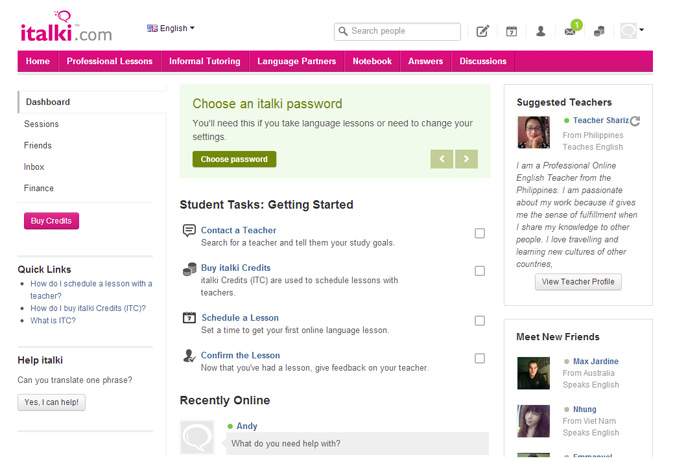
Futuristic flashcard apps
Once a crucial tool for remembering vocab and irregular verbs, paper flashcards have undergone a modern makeover. Though launched in 2006, free flashcard software Anki recently released an upgrade with mobile app. Anki relies on the “spaced repetition system:” essentially storing all the data you want to learn and then drilling you until you learn it. Many students and teachers alike swear by Anki for helping sneak in extra study time, though critics say that building flashcard decks can be cumbersome. The good news? Decks can be shared and a number of Czech Anki decks already exist. Memrise a similar, community-driven flashcard site was developed by a neuroscientist and aims to boost users’ memory. It features a number of Czech language learning modules and is also available as an app. Each word you learn is planted in your “garden” and the more words you commit to memory the more beautiful it will be. Neglect you words and watch your memory garden wilt!
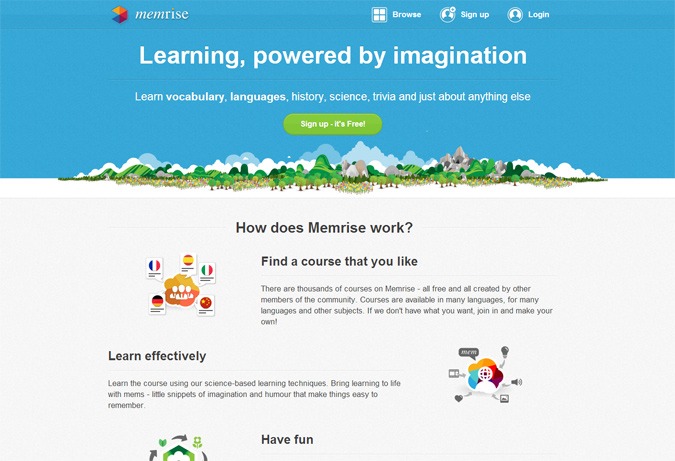
Charitable language exchange
Not all of the language aids mentioned here are computer based. From couchsurfing to homeswapping and pay-it-forward coffees, the modern trend toward giving and bartering reflects a return to simpler times; a refreshing reprieve from a fast-paced world. This spirit of human kindness spills over to Czech lessons in Prague, too! For those who speak some Czech and are looking for conversation with corrections, free lessons are offered by the St. Tomas Parish in Malá Strana in exchange for cleaning or other work done around the church and monastery. E-mail Fr. Juan Provecho at osaprag@augustiniani.cz for more information about St. Tomas’ language lessons. Accepting help is okay, too: The Center for the Integration of Foreigners is committed to helping foreigners adapt, which of course includes learning Czech through morning and evening open courses (no registration needed, and you only pay for the classes that you attend). At a mere 50 CZK per lesson, these are a steal. The center also offers Wednesday morning open courses with the option of free babysitting. Progressive, community-based learning at its best.
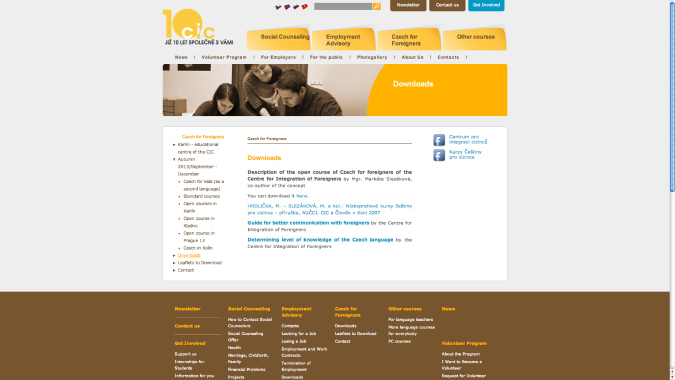
Movie classes, multi-media, more
Local Czech-language podcasts are nothing new and there are plenty of notable ones (including Learn Czech On-line for Free, a website offering free podcasts plus multiple other resources, and Simple Czech News a great site that broadcasts Czech news geared toward non-native speakers along with text to follow). For more visual learners, a Rodinný klub Pohoda has recently kicked off its weekly “Czech with Film” courses that promise an educational experience with plenty of entertainment value. But the coolest new combination of listening/watching/speaking practice we’ve seen comes from an edgy Lithuanian start-up company, Bliu Bliu. This free online language learning system establishes the words you know (based on your input) and provides you with content – text, audio, and video sourced from all over the internet – that matches your proficiency level. Though still in beta mode, having only been launched in summer 2013, the site is increasingly popular with polyglots.
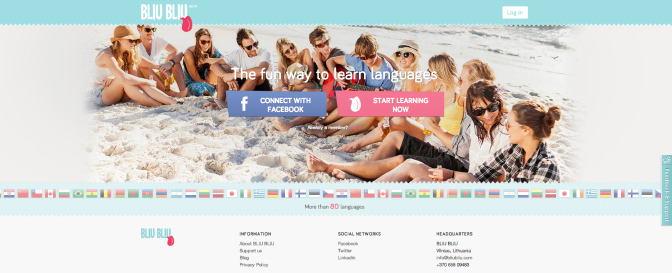
Do-It-Yourself Czech
In this day and age of free information anyone, it would seem, can master anything with a little patience and lots of downtime – not to mention YouTube tutorials. Why not put this to work for learning a language says Gabriel Wyner, an American opera singer who was tasked with learning myriad languages for his stagework (including a little Czech). He outlines his successful four-step approach to studying a language efficiently and in your spare time on his website Tower of Babelfish. Wyner’s method includes harnessing a number of the techniques and apps mentioned above (Lang-8, Anki) as well as something called the “no translation pledge”. While it all may come across as a little New Age-y, for expats who rely on multiple languages for business or travel or just anyone who wants to step-up their study efforts, Wyner’s site is packed with resources, tips, how-tos.
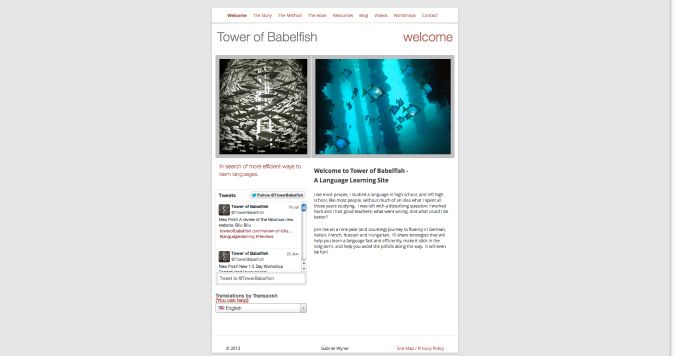
If you’re considering a course to learn the Czech Language, you can find a great selection right here.













 Reading time: 4 minutes
Reading time: 4 minutes 




















